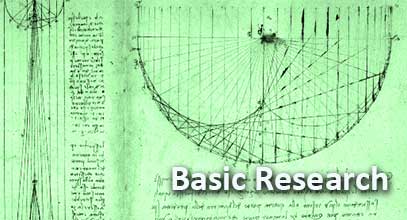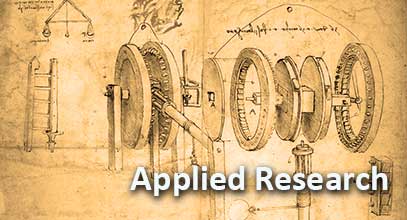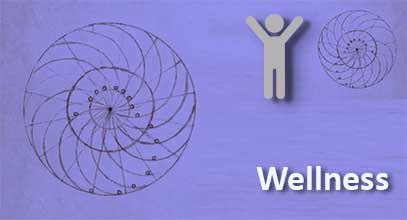Home
25 November 2008
The journal “Brain and Language“chooses the article “Cortical operational synchrony during audio-visual speech integration” published in Volume 85, Issue 2, May 2003, Pages 297-312 as a KEY ARTICLE REFLECTING THE JOURNAL'S NEW DIRECTION.
25 October 2008
The Society for Clinical and Experimental Hypnosis awards Dr(s). Fingelkurts with the Henry Guze Award for the article “Cortex functional connectivity as a neurophysiological correlate of hypnosis: an EEG case study” published in Neuropsychologia, 2007, V. 45. No 7. P. 1452-1462. The article was selected as the BEST RESEARCH PAPER.
- “EEG Temporal and Spatial Microstructure”: Speech at the 14th World Congress of Psychophysiology, St Petersburg, 2008
- The “Dream Catcher” experiment
- BM-Science and Mind, Consciousness and Language Network (Italy) agree on a new joint collaboration
- Finnish business magazine publishes an interview with BM-Science researchers



